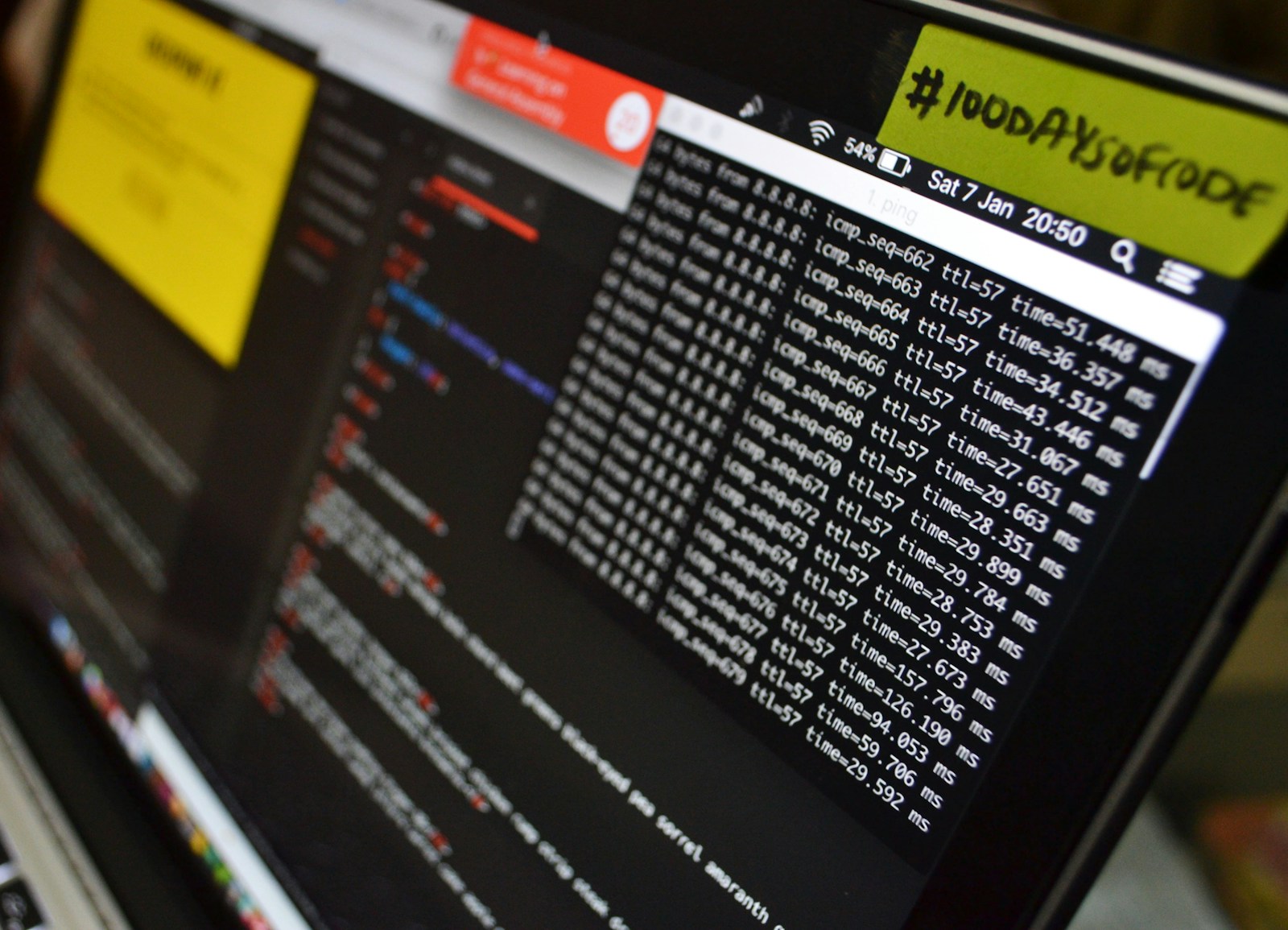A China-linked cyber espionage group known as MirrorFace has launched a sophisticated attack on Japanese organizations, exploiting phishing techniques to compromise security.
Key Points at a Glance
- Attack Overview: MirrorFace targeted Japanese entities using spear-phishing emails containing malicious attachments.
- Attribution: The group is believed to be linked to China and specializes in espionage against political and governmental organizations.
- Sophisticated Techniques: The attackers employed custom malware to infiltrate systems and extract sensitive data.
- National Security Implications: The incident underscores vulnerabilities in Japan’s cybersecurity defenses.
- Call to Action: Experts emphasize the need for enhanced cybersecurity measures to counter advanced persistent threats (APTs).
A recent wave of cyberattacks attributed to the China-linked group MirrorFace over the last five years has raised alarms in Japan. Targeting political and governmental organizations, the campaign relied on spear-phishing emails designed to deliver custom malware, compromising sensitive systems and extracting critical data. The attack highlights the persistent threat posed by advanced cyber espionage groups operating with state sponsorship.
MirrorFace, known for its focus on espionage, has been linked to prior attacks in the region. Analysts believe this latest operation aimed to gather intelligence on Japanese policy decisions and political strategies. By crafting highly targeted phishing emails, the group bypassed traditional security measures, gaining unauthorized access to internal systems.
The attackers utilized a suite of custom malware tools, including backdoors and keyloggers, to maintain long-term access to the compromised networks. Once inside, they exfiltrated data, focusing on sensitive political documents and communication channels. According to cybersecurity firm ESET, which analyzed the attack, the malware was designed to evade detection, further complicating mitigation efforts.
This attack has significant implications for Japan’s national security. As a leading global economy and a key player in the Asia-Pacific region, Japan faces increasing scrutiny and cyber threats from state-sponsored actors. The government has acknowledged the growing sophistication of these threats, emphasizing the need for a robust cybersecurity framework.
Experts recommend that organizations strengthen their defenses by investing in advanced threat detection systems, conducting regular security audits, and fostering a culture of cybersecurity awareness among employees. “Organizations must adopt a proactive approach to defend against APTs,” said a spokesperson for ESET. “This includes educating staff about phishing tactics and implementing multi-layered security solutions.”
The MirrorFace attack serves as a stark reminder of the evolving nature of cyber threats. With geopolitical tensions driving state-sponsored cyber espionage, nations like Japan must prioritize cybersecurity as a cornerstone of their national defense strategy. The incident not only exposes vulnerabilities but also highlights the urgent need for international collaboration in addressing the global challenge of cybercrime.
